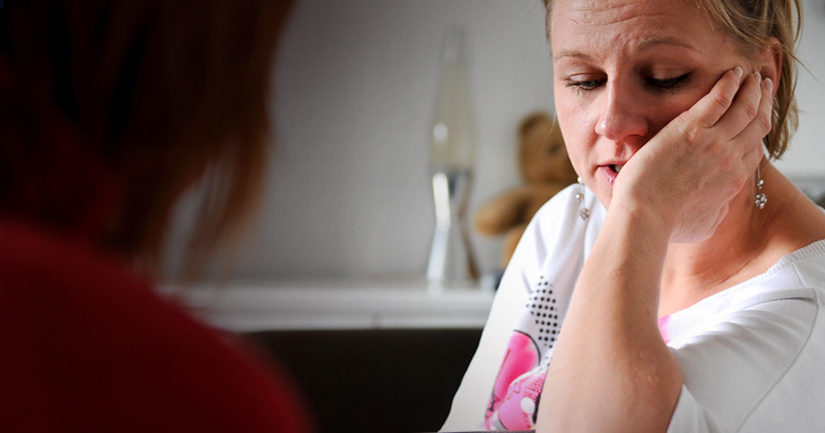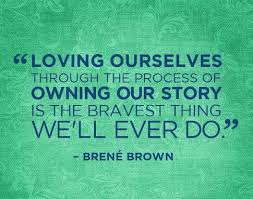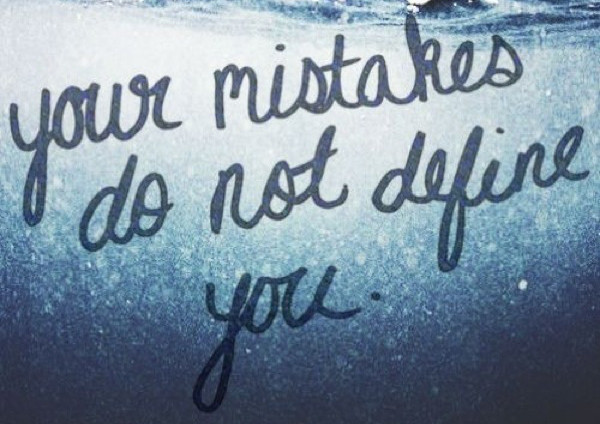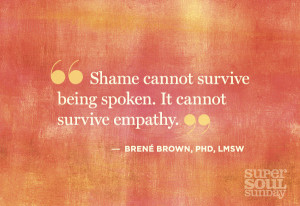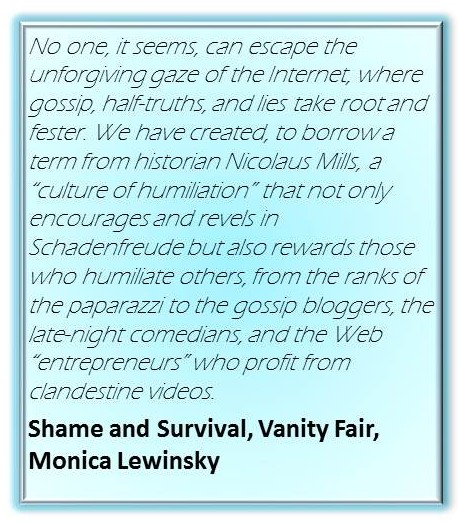For those of us who have experienced scams, and the shame that comes with this, holiday periods with family and friends can be very difficult.
For myself, at times like this when I am in a social situation, even with family, it is easy to just sit in the corner and not communicate and connect with others. This is because underneath it all, I feel broken, unworthy, unlovable. I think I am not worthy of being a friend to anyone, so I am likely to be stand-offish and not initiate any conversations or connections. Others may find me as reserved, and interpret that as me thinking I am superior. Underneath it all, how can I trust others to like me or be real with me when inside I do not trust
This is how shame operates, by isolating us and shutting us down.
We think we avoid pain, embarrassment, and blame by keeping what has happened to us a secret. Unfortunately we cannot only keep this one thing secret. It leaches into other parts of us, making it difficult to share other parts of ourselves as well. The end result is to further isolate us into ourselves and prevent the development of supportive and intimate friendships/relationships.
The one thing that I found was an antidote to shame was when I began to speak out publicly about the scam I experienced. When I decided to speak out I was able to say to myself “I have made a mistake, and to make mistakes is human. We are allowed to make mistakes and to learn from them.” It meant I was vulnerable, sharing my ‘mistake’ with the world letting everyone know I was not the perfect person I might wish others to see me as. But it was only a mistake. This gave me the strength to face up to what had happened. Each time I spoke out I gained strength, I regained my self-respect, because I was being true to myself and what had happened. There is nothing wrong with making mistakes in life.

“People cope differently from this experience: some are angry, some are depressed, some talk of suicide, while others spend every waking hour trying to figure out how they were scammed and try to prevent it happening to others.”
LoveHurts: the costly reality of online romance fraud,
The Conversation 11 December 2014
The mistake I own up to was that I did not see the lies being told by the scammer., I believed him. Research shows that 60% of the time, people cannot detect lies, so really, I was with a lot of others in the human pool! Soit raises the question, w
When we are scammed we think it is just us and the scammer, in our ‘special’ relationship and we believe them. The truth is it is not a one-on-one situation. Scammers often have a team of people beside them. You might meet other team members as the scammer’s child, friend, lawyer or

It is really a one against many
The victim blaming must stop. It does not respect the truth of what happens in scams and damages and traumatises people with shame. It is more an indication that people want to separate themselves from the possibility that they could also be caught in a scam and make out it could/would not happen to them. It is a defence mechanism by those yet to be caught in scams.
Trivialising scam victims by assuming they are just lonely old women or men is another way scams are misrepresented. Anyone can get caught in them…
In our holiday social gatherings there should be space to be real with each other, admit our mistakes, and still be loved for the unique individuals that we are. But despite the supposed good wishes of the season we are not there yet for romance scam victims.
I encourage all victims feeling shame to find someone they can trust to tell of their mistake. Tell them about what you have learn from this blog, that there is more to scams than they think. This can build
Best wishes of the season, and wishing you strength, honesty and healing in the year ahead.

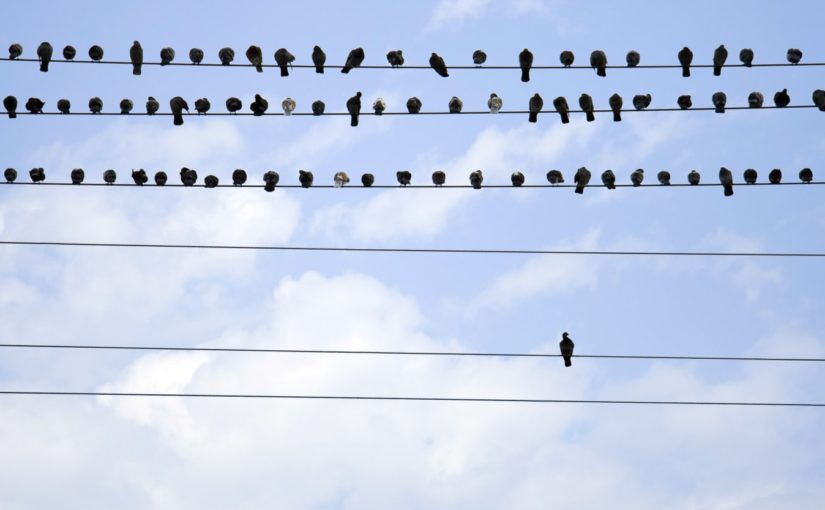

 put me in the box of “lonely, therefore scam- able”. I wanted to scream, because I knew he was also making the leap to “I’m not lonely, therefore it won’t happen to me”. They all wanted to believe “it won’t happen to me”. All 90 of them listening to my talk on how I was scammed. It was similar to those other questions which implied that I was gullible or stupid to fall for a scam.
put me in the box of “lonely, therefore scam- able”. I wanted to scream, because I knew he was also making the leap to “I’m not lonely, therefore it won’t happen to me”. They all wanted to believe “it won’t happen to me”. All 90 of them listening to my talk on how I was scammed. It was similar to those other questions which implied that I was gullible or stupid to fall for a scam.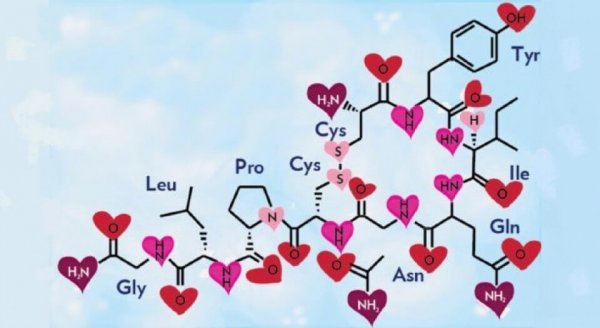
 I know from experience that when inside a scam, we are committed to our loved one/scammer, and will do whatever it takes to support or rescue them from the many sorts of trouble they are in. Afterwards we wonder what happened, why we didn’t see what was going on, why we rejected warnings from friends, and stepped over any inconsistencies or red flags that there were. We don’t understand what happened even when looking back on it. Perhaps because the rational part of our brain was dis-engaged at the time. Instead our brain was immersed in the fog of oxytocin. Afterwards we mostly blame ourselves for what happened and loose trust in ourselves. After all, we actively gave the money. Or did we?
I know from experience that when inside a scam, we are committed to our loved one/scammer, and will do whatever it takes to support or rescue them from the many sorts of trouble they are in. Afterwards we wonder what happened, why we didn’t see what was going on, why we rejected warnings from friends, and stepped over any inconsistencies or red flags that there were. We don’t understand what happened even when looking back on it. Perhaps because the rational part of our brain was dis-engaged at the time. Instead our brain was immersed in the fog of oxytocin. Afterwards we mostly blame ourselves for what happened and loose trust in ourselves. After all, we actively gave the money. Or did we?
